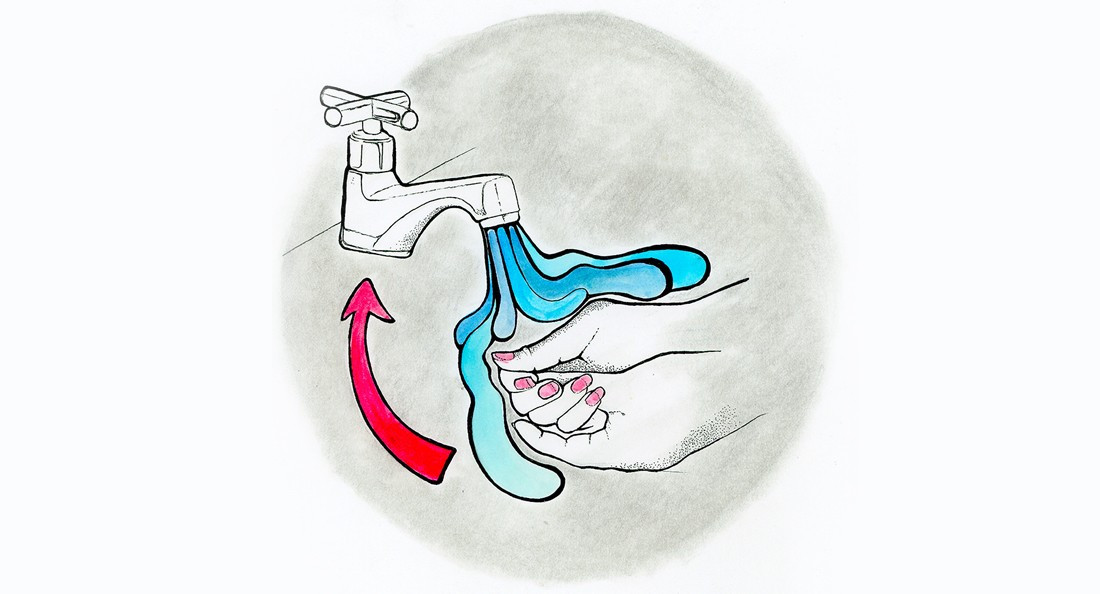‘It never used to be like this’
Lackluster wastewater policies are devastating First Nations on Lake Winnipeg
In an email statement, a representative for the City of Winnipeg says “The City of Winnipeg is committed to reducing the amount of nutrients we release to our rivers and lakes, including Lake Winnipeg.” Daniel Gladu Kanu is not so sure.
He says that while the City and Province say they will protect the lake in law, “we’re not finding evidence that they’re actually enforcing those laws, or some of those laws just aren’t addressing core problems.”
Daniel Gladu Kanu is Anishinaabe-Irish and works with the Lake Winnipeg Indigenous Collective, a group of 14 First Nations that live on the lake and hope to recentre Indigenous knowledge and voices when it comes to the lake’s care.
“Traditionally, (the 14 Nations on the lake) would have drawn water from the lake for all purposes, (like) drinking, cooking, and it’s relied on for fishing, trapping and also for fun,” Gladu Kanu says.
He says things have changed drastically in the last 150 years.
Many fish species “aren’t really fishable anymore,” because their populations are so low, he says, making commercial and sustenance fishing difficult.
Major algae blooms have been happening more often and earlier in the past 25 years, he says. When an early bloom gets caught in a fishing net, “they essentially make those nets almost useless. They have to be completely taken out and repaired each time that happens.”
“And then there are the concerns with the health of the fish,” Gladu Kanu mentions. He says people have been finding fish with sores and tumors, and people who swim in the lake experience sores and scarring.
“The drinking water thing extends beyond Lake Winnipeg, of course,” he notes, but it especially impacts certain communities.
“The sentiment is that people just upriver of the City, they feel like they’re living in a toilet. This is essentially the dumping ground for Winnipeg. Winnipeg draws its water from Treaty 3 (where Gladu Kanu is from), often without proper compensation, preventing Shoal Lake from having its own proper water supply, and then they’re dumping their wastewater into Lake Winnipeg, which flows through and by numerous communities seemingly without any care.”
While the City is the biggest single contributor to the problem, Gladu Kanu says farming and having a large watershed that comes from multiple provinces and states does not help, “although, the bulk of the problem appears to be coming from Manitoba itself, so it would really make sense for the Province, the City and even the Government of Canada to make changes to address these problems.”
He says after the 2011 diversion of the Assiniboine River flooded “every First Nation from there to Hudson’s Bay with no compensation,” and since this could and likely will happen again, settler governments need to step up.
“For Cree and Anishinaabe people around the lake, the idea around water is not so much something that can be controlled or owned. It’s something that we have to respect and that is living, just like us.
“I think one of the frustrations around water and relations between Indigenous people and the province’s European viewpoint is that we can’t own water, and no one should be able to own water or make unilateral decisions around water.”
Published in Volume 74, Number 11 of The Uniter (November 21, 2019)







